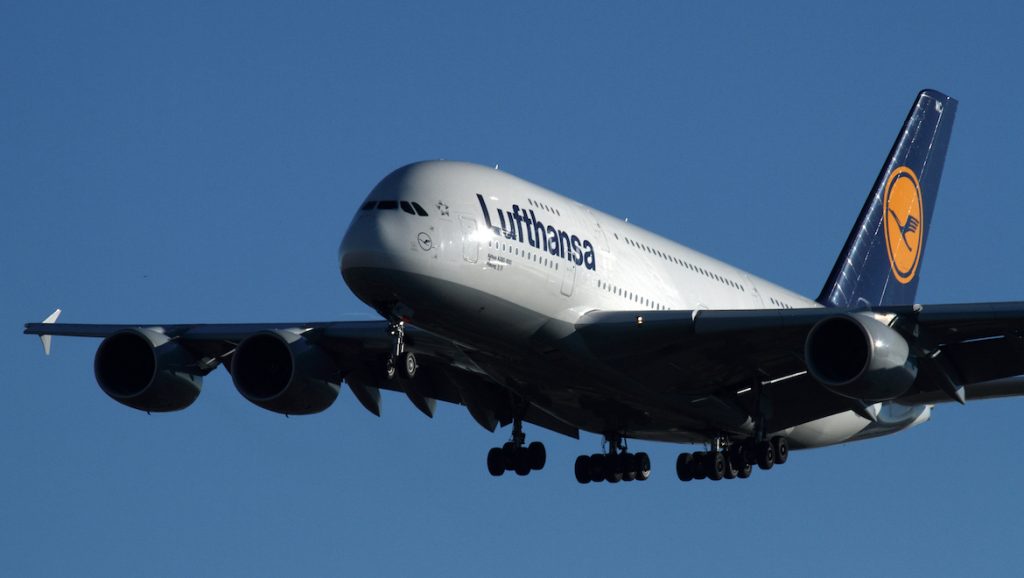
German flag-carrier Lufthansa has announced it will be reducing its fleet by 150 aircraft – 50 more than previously expected – in light of the ongoing COVID-19 aviation crisis.
The airline will also be moving its eight remaining A380 aircraft into long-term storage, and it is expected these aircraft will likely never fly passengers again.
Lufthansa will also be moving 10 of its A340s into long-term storage.
In a statement, the airline specified that these aircraft will be both transferred to long-term storage facilities and removed from future planning, and will only be brought back into service “in the event of an unexpectedly rapid market recovery”.
This comes as the airline lowers its capacity expectations for the upcoming fourth quarter, in light of renewed virus outbreaks throughout Europe and ongoing subdued demand for long-haul and business travel.
Lufthansa had previously expected to be operating at 50 per cent of its pre-COVID capacity by the winter season, however now is only estimated to be operating at 20-30 per cent in the fourth quarter.
Meanwhile, the airline has also inferred another round of staff cuts is imminent, and suggested previous estimates that the airline is overstaffed by 22,000 may now be too conservative an estimate.
Lufthansa had previously hoped to limit compulsory layoffs by introducing reduced hours and pay across the board, however has now said it will be in discussions with unions about the necessity of layoffs.
Within months, management positions will be cut by 20 per cent and administrative office space in Germany will be cut by 30 per cent, it said.
The airline said such job losses would be required as it works towards reducing its monthly cash burn to €400 million from €500 million.
“It’s clear to everyone that Lufthansa can’t go on without cuts,” said Mira Neumaier, a spokeswoman for the Verdi union, adding that “job cuts alone will not save the company”.
Lufthansa joined in the call on governments and industry to replace border restrictions and quarantine requirements instead with a pre-flight COVID-19 test, which the airline called “an essential prerequisite” to a meaningful travel demand recovery.




